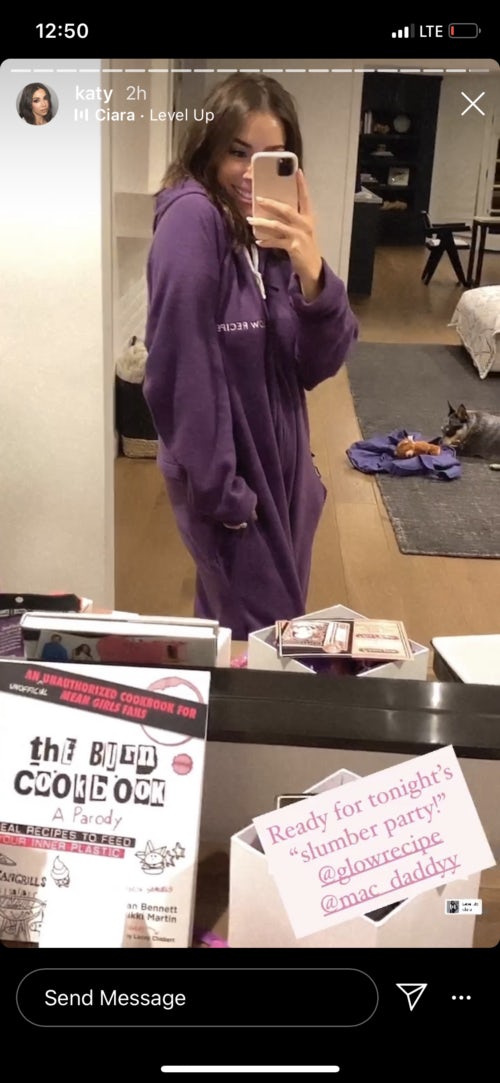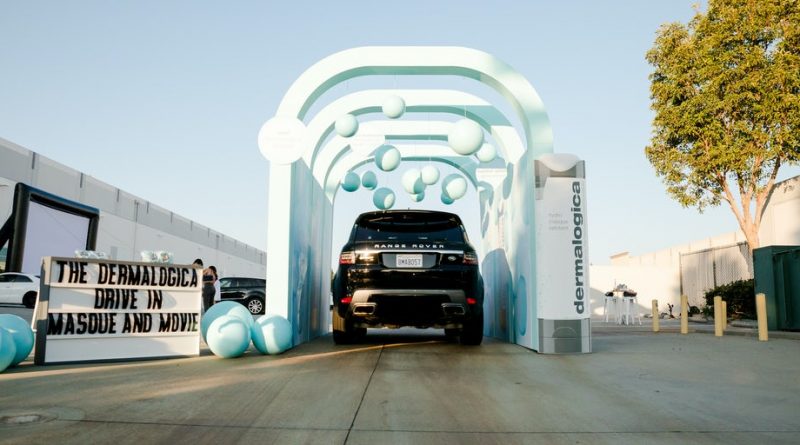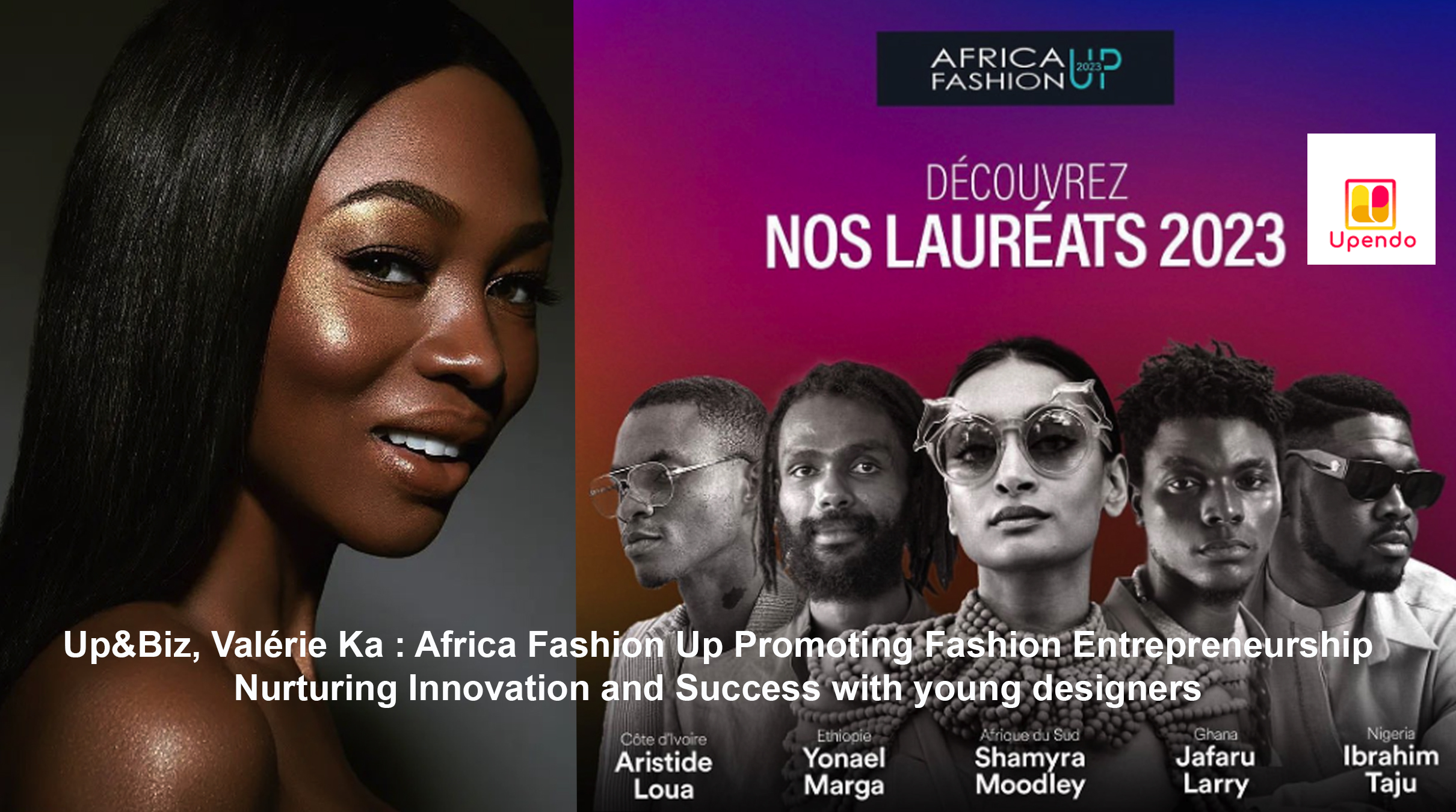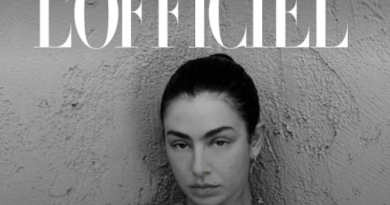Beauty Influencer Events Are Making a Comeback | The Business of Beauty
NEW YORK, United States – Though a coronavirus vaccine may be months away, there is one sure sign that the beauty world is returning to normal: brand activations are back.
Pre-pandemic, anyone with a certain number of Instagram followers and the “right look” could count on a steady stream of invitations to photoshoots and all-expenses-paid vacations to exotic locales.
Covid-19 put a stop to that in March. But in the last few weeks, the party machine has begun to rev back up again. Only now, Los Angeles has to stand in for Bali. And in addition to asking influencers to submit their hair type and preferred colour palette for personalised gifting, brands want a negative Covid-19 test as well.
To celebrate the launch of its new exfoliant earlier this month, Dermalogica invited about 25 influencers to an event in the sprawling parking lot of its Los Angeles headquarters.
Attendees drove up to the site and through studded arches meant to symbolise the “bamboo spheres” in Dermalogica’s new product. Each car was assigned its own parking space, and a table was set up next to it with products and snacks. The brand did a live masterclass to demonstrate the exfoliant. Then the influencers kicked back and watched a showing of “The Parent Trap” while food vendors circulated with goodies. Everyone was masked and attendees were kept at least six feet apart.
Among the guests was Quigley Goode, a lifestyle influencer with about 273,000 followers on Instagram and a coaching business for content creators called The Soulcial Media. Goode, who is eight months pregnant, said she hadn’t attended an in-person event for a brand since before the pandemic. But she said she found the safety precautions reassuring, and was
thrilled to see people she knew and wave at them from a distance.
“I was excited to finally be able to see faces in the industry again,” said Goode, who has been working with Dermalogica in a paid capacity for nearly a year. “It felt really isolating not being able to see anyone.”
It’s good for business too, as there are fewer events cluttering consumers’ feeds, even as social media usage is soaring. Views on influencers’ branded Instagram posts were almost 80 percent above average in April and remained elevated as of July, according to a report by Tribe Dynamics, an influencer marketing platform. Tribe also found that comments on influencers’ branded Instagram and YouTube are up by 50 percent.
It’s absolutely fertile ground.
“It’s absolutely fertile ground,” said Brit McCorquodale, senior vice president of revenue at Tribe. “The brands who really understand this space and have made investments and built relationships with influencers at scale are innovating in really impressive ways and not just waiting to see when everything is going to get back to normal.”
Safety First
Drive-in movies have been a winning trend during the pandemic due to the natural social distancing they provide, and beauty brands have co-opted the concept. In July, influencer favourite colour cosmetics brand Jouer threw a drive-in movie-themed event to fête its new Champagne and Macarons collection.
“In usual circumstances, we’d celebrate at a beautiful restaurant or on a glorious trip to an exotic location. In fact, we had planned a pop-up in June, but 2020 had other plans. We were what you might say ‘sh*t outta luck,’” the brand wrote in a blog post.
So Jouer rented out a drive-in theatre for some big-name influencers like @MannyMUA and @ilovesarahii, passed out themed snacks and screened “Clueless.”
For its own drive-in event, Dermalogica hired Kameo, an LA-based safety compliance company that works with the production industry. The company required attendees, brand employees and vendors on site to sign liability waivers, delivered at-home nasal swab Covid tests and provided results within 24 hours. It also guided on-site vendors on how to provide services safely.
Building the space from scratch required extra labour, but with fewer people attending, the costs roughly matched past events, said Lauren Consiglio, vice president of US marketing and global programs at Dermalogica. The brand also offered a digital component to influencers who weren’t able to join in person.
I don’t know that it will be the same format, but we’re getting comfortable that we can do it safely.
Like many other brands, Dermalogica has been holding online masterclasses since March. But since it’s a hands-on skin-care brand (it offers services at Ulta stores), its team was longing to get back to in-person experiences, Consiglio said. The team viewed its Hydro Masque exfoliant as one of its biggest launches this year.
Dermalogica is already planning its next live event.
“I don’t know that it will be the same format, but we’re getting comfortable that we can do it safely,” said Consiglio.
Fighting Zoom Fatigue
Some brands have found success taking the influencer junket virtual.
This summer, Japanese-influenced Tatcha had to cancel a planned trip to Kyoto to launch its new Rice Wash. Instead, it collaborated with influencer Claire Marshall and created a virtual self-care “island” in the popular video game, Animal Crossing. Fenty Skin launched with a virtual “house party” hosted by Rihanna where viewers could visit “rooms” to discover products.

A screenshot from the Glow Recipe slumber party | Source: Instagram @glowrecipe
Glow Recipe has relied on intimate events with influencers to launch products this summer. For its Plum Plump Hyaluronic Serum, the brand asked Angel Merino (@mac_daddyy) to invite some of his closest influencer friends to a virtual Zoom sleepover.
The brand sent out onesies, snacks, cocktails, products and teddy bears to guests.
Jonathan Bennett, the actor who played teen heartthrob Aaron Samuels in “Mean Girls,” made an appearance to plug his new cookbook and to answer questions about the movie. And there was twerking, apparently, all captured by the influencers and sent out to millions of followers on their various Instagram Stories.
Glow Recipe co-founder Sarah Lee acknowledges that “Zoom fatigue is real,” but says the brand has had confidence that influencers could still make creative digital content, which is, after all, their speciality. She estimates that Glow Recipe spent about a third less on the sleepover event than it had on its last large influencer activation in LA last year.
“We didn’t know if these virtual events would have as much impact, but in terms of ROI it’s quite comparable,” Lee said.
Kosas, which primarily sells colour cosmetics, has also had success with online influencer launches. It entered the lifestyle category in June with a natural deodorant, Chemistry. To demonstrate the product’s efficacy, it hired Nike master trainer Kirsty Godso to do a Zoom workout for a group of influencers, many of whom the brand had never worked with before. It mailed out branded yoga mats and products for attendees beforehand. It netted the brand a 60 percent increase in engagement, and the product launched as a top seller at Credo and Sephora, selling out multiple times.
Kosas learned a lot doing that event. It had to take into account things like what props should be featured and that a product presentation was necessary to share information via screen sharing. Because of digital fatigue, Kosas has decided to hold off on Zoom events for influencers for the moment, though they are still efficient and effective for press, said Michelle Miller, the brand’s vice president of marketing.
“For influencers, it was a bit more difficult to connect because a lot of those relationships are so face-to-face usually,” Miller said. For the brand’s recent mascara launch, it sent colourful, elaborate bouquets out to influencers from an LA floral designer, resulting in a flurry of Instagram shots.
Goode, the influencer, said that some brands have “fallen off the radar” and stopped communicating. Influencers, for the most part, are still focusing on at-home content, but are eager for more brand experiences.
“Influencers are itching to get out and travel again, and they’re looking for experiences where they can return to some sense of normalcy in their lives,” Goode said.
THIS WEEK IN BEAUTY
Hyram Yarbro is Gen Z’s skin care guru. The 24-year-old made $265,000 in July alone from online ads and affiliate sales.
Smile! Oral care is selling great. Toothpaste and other oral care products are selling well at beauty retailers, prompting more entrants into the space.
Beauty blogger Ethan Is Supreme has died. Ethan Peters, 17, was known for his graphic makeup looks.
Interparfums’ first half operating profit is down 73 percent. Still, there are signs of life in the fragrance category as orders and revenue picks up.
Sephora has a new CEO. Martin Brok is a former Starbucks executive.
Beauty alum Ukonwa Ojo leaves the industry for Amazon. She left MAC Cosmetics after less than a year into her role as SVP of marketing to become chief marketing officer of Prime Video and Amazon Prime.
Jeffree Star gets some Covid relief funds. The millionaire influencer’s cosmetics brand reportedly received a Paycheck Protection Program loan from the US government in the $350,000 to $1 million range.
Want to get your beauty brand into a grocery store? Understand their buying and merchandising schedules, and start local.
Glossier names the recipients of its Black-owned beauty grant. 16 brands ranging from clean beauty to hair extensions received funding from the initiative, which had almost 10,000 applications.
Tresemmé launches a $100,000 scholarship programme for Black hairstylists. Current and aspiring cosmetology students can apply for $10,000 in funding to study at an accredited school of their choice.
Too Faced taps prestige merchandising SVP from Ulta. Tara Simon joins the brand as its new senior vice president and global general manager.
What will become of Kim Kardashian’s beauty prowess? As “Keeping Up With the Kardashians” announces its final season, beauty media looks back on how the reality star influenced and evolved makeup.



